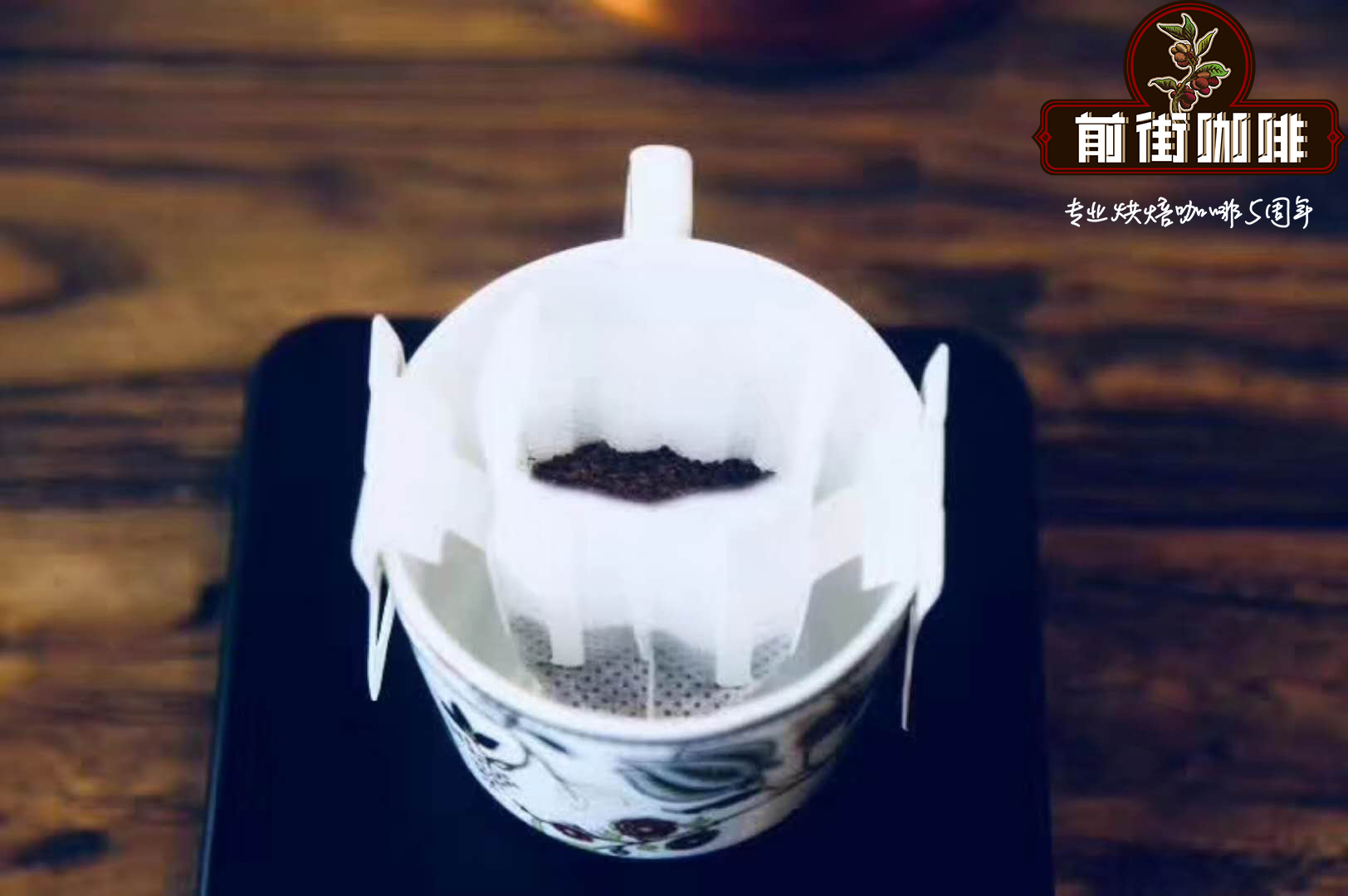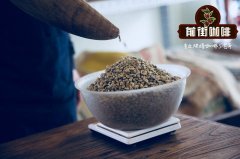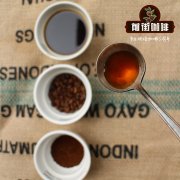Is Honey Kiss Coffee good? _ introduction of Honey Kiss Coffee beans _ what is the price of Honey Kiss Coffee beans

Professional coffee knowledge exchange more coffee bean information please follow the coffee workshop (Wechat official account cafe_style)
Ethiopia 90 + Solar Honey Kiss Coffee beans / Ethiopia Ninety Plus Nekisse N2
Nekisse is originally produced in Shakisso, Ethiopia, and is named Nekisse after "NAKED from the Shakisso region of summer". With the traditional sun treatment, the cherries were dried on a high shelf, then the dried peel and pulp were removed, and finally sent to Addis Ababa to be shelled. At that time, the taste spectrum outline has a very strong berry jam, cream consistency, citrus, tropical fruits. Later, the production areas moved to Wellega and Sidamo, because they found that the Sidamo area can have a better sense of nectar and jam.
Ninety plus is an internationally renowned coffee bean production and sales company, which develops special treatment methods, has been innovating in every aspect of raw bean processing, and leads the way in the coffee boutique market by providing rare and unique raw coffee beans. We can see the traces of Ninety plus winning in coffee competitions all over the world. Honey kiss coffee beans are wonderful coffee beans that you must not miss.
Growing area: Africa
Country: Ethiopia
Production area: Sidamo province / Shakisso
Altitude: 1900 to 2200 m
Treatment: N2 sun treatment
Honey Kiss Coffee Bean Variety: Mixed Heirloom Wild & Natural planting
Stories by Ninety Plus
Excellent achievement
Ninety Plus, translated directly means 90 +, or more than 90 points. Friends outside the industry may not understand that a coffee bean of more than 90 points means it is close to perfect for coffee lovers. Whether we are talking about the cup score or the evaluation score of Coffee Review (www.coffeereview.com), it is a hard-won honor.
The first coffee of 2007-Aricha Selection 7 90 + came out with a high Coffee Review score of 95 (the roaster is another Novo Coffee Roasters of the 90 + founder)
2009-Aricha Micro Selection 14 won the annual coffee world runner-up of the American Fine Coffee Association
2009-Aricha Micro Selection 33 became the world runner-up with Sammy Piccolo in the World Barista Competition.
2012-Perci Red Rose Summer from the Manor of Panama came out for the first time, scoring an all-time high of 97 points for Coffee Review (Barrington Coffee Roasting Co.)
About how to deal with it: W2, Ruby, Solkiln, N2
W2, H2, N2: it can be understood as the traditional way of processing raw beans, and 90 + also regards them as the distinction of taste.
Ninety Plus thought that coffee itself is a kind of fruit, so he made his own exclusive treatment according to taste (W2), (H2), and (N2). When you understand traditional coffee processing, you will find that a small amount of adjustment can blur the distinction between them. For example, a little washing can be added at different stages of the densification process to achieve a lighter and brighter washing taste; controlling the degree of pulp fermentation can also make a sun closer to the effect of a dense treatment, or dense treatment can be more like a solarization.
According to the degree of effect of fruit flavor on taste, it can be divided into: W _ 2 ~ H _ 2 ~ 2 ~ 2. The distinction between these three flavors can also be simply understood as treatment methods: W2=WASH washing treatment, H2=Honey honey treatment, N2=NATURE sun treatment:
W2: lower (Low) fruit tonality; emphasizes brightness, acidity, and floral aroma.
H2: warm (Moderate) fruit tonality; emphasizes sweetness, fruit taste (rather than fruit flavor), and tea taste.
N2: higher (High) fruit tonality; emphasizes unrestrained, sweet and sour, jam and dried fruit flavors.
Solkiln: the so-called Solkiln method is a special treatment of 90 + company's patented technology. They dry the fresh coffee fruit in a house originally used to dry wood. In this house, special equipment is used to control the temperature and humidity needed to maintain the stability of the internal environment, while eliminating the impact of the local humid climate on the coffee.
Red: the so-called "red treatment" is a special treatment carried out by the 90 + team through their own patented drying technology, which makes the color of shelled coffee beans show varying degrees of red. This treatment will once again enhance the aromatic characteristics of the coffee itself, and the taste will reflect a strong sweetness with obvious fruit flavor.
Ruby: the so-called "ruby" treatment is also a more difficult and extreme way of dealing with red. So that the red treatment of sweetness and fruit to the extreme, accidentally over will become a bad fermentation taste of the extremely bad areas. This method also requires a lot of manual screening. Every raw bean must meet the "ruby" standard in order to be called a "ruby" bean. It has been eliminated many times, tried many times, and only the last point can meet the standard of "ruby", so it is expensive.
About Level:
In the flavor spectrum of 90 +, there is a "Level" logo. It is the number after the product name is marked "L". For example, L12-means Level 12. The Level is probably in proportion to the price. It represents the grading model of raw beans: according to quality, quantity, production cost, 90 + based on the original excellent raw beans, continue to grade as follows:
Level 7: harvested in a single production area. The rare varieties with meticulous taste and special flavor are selected by hand and then treated by NinetyPlus to reach the standard of more than 90 +.
Level 12: harvest in a single production area. Negative adjectives such as "must be recognized and indelible" are used on the website to indicate that this grade of beans must be a good taste that every coffee maker will never forget.
Level 21 (L21), Level 39 (L39), most of these are Gesha varieties planted in Panamanian manors. Ethiopian Nekisse Red processed by special Red also belongs to Level 39 (L39).
Level 95 (L95) and Level 195 (195) are beans in the advanced microenvironment of the Panamanian manor, which are processed by patented drying technology after a long screening process. Reach the top taste standard in the design. Most of them will be processed under the personal care of the sponsor Joseph. The annual output may only reach about ten to dozens of kilograms. It's a collection.
Taste Profiles
The taste spectrum is determined by coffee cherry variety (Size), farm climate, and treatment formula. Taste spectrum through 7 to 195 levels, etc., to assess the quality, scarcity, and the price to determine the digital level.
Qianjie coffee: Guangzhou bakery, the store is small but a variety of beans, you can find a variety of unknown beans, but also provide online store services. Https://shop104210103.taobao.com
Important Notice :
前街咖啡 FrontStreet Coffee has moved to new addredd:
FrontStreet Coffee Address: 315,Donghua East Road,GuangZhou
Tel:020 38364473
- Prev

How to drink Honey Kiss Coffee _ Honey Kiss hand Coffee parameters suggest _ Honey Kiss Coffee from which country
Professional coffee knowledge exchange more coffee bean information please follow Coffee Workshop (Wechat official account cafe_style) 90 + Honey Kiss Coffee Bean N2 Ninety Plus Nekisse N2 country: Ethiopian name: 90 + Honeykiss N2 producing area: Wellega/Sidama Grade: N2 L12 altitude: 1750-2000m Variety: Heirlooms Packaging: 30KG Flavor description:
- Next

2018 Yunnan coffee bean quotation _ Katim coffee half jin how much is it _ Katim coffee bean price
Professional coffee knowledge exchange more coffee bean information Please follow the coffee workshop (Wechat official account cafe_style) is another year's harvest season, Yunnan coffee is generally a bumper harvest. The fresh fruit of red and green Katim coffee hangs all over the branches, and coffee enters the harvest season in Yunnan at the end of November. According to the report of Industrial and Economic observation, the income of Yunnan farmers has decreased year by year, and the price this year is about 30% lower than that of the same period last year.
Related
- Detailed explanation of Jadeite planting Land in Panamanian Jadeite Manor introduction to the grading system of Jadeite competitive bidding, Red bid, Green bid and Rose Summer
- Story of Coffee planting in Brenka region of Costa Rica Stonehenge Manor anaerobic heavy honey treatment of flavor mouth
- What's on the barrel of Blue Mountain Coffee beans?
- Can American coffee also pull flowers? How to use hot American style to pull out a good-looking pattern?
- Can you make a cold extract with coffee beans? What is the right proportion for cold-extracted coffee formula?
- Indonesian PWN Gold Mandrine Coffee Origin Features Flavor How to Chong? Mandolin coffee is American.
- A brief introduction to the flavor characteristics of Brazilian yellow bourbon coffee beans
- What is the effect of different water quality on the flavor of cold-extracted coffee? What kind of water is best for brewing coffee?
- Why do you think of Rose Summer whenever you mention Panamanian coffee?
- Introduction to the characteristics of authentic blue mountain coffee bean producing areas? What is the CIB Coffee Authority in Jamaica?

